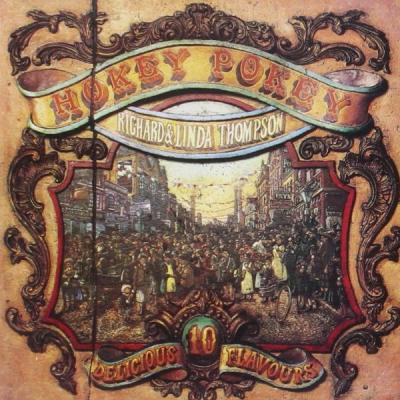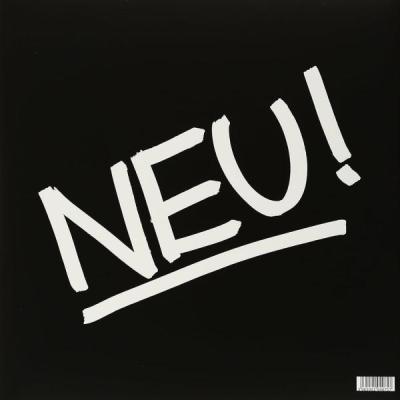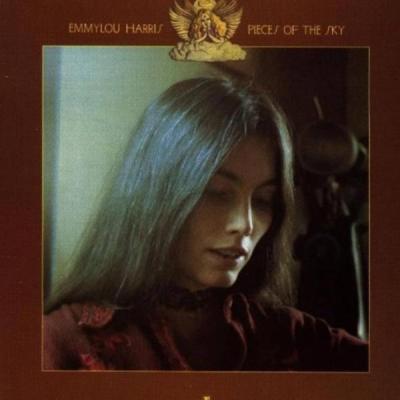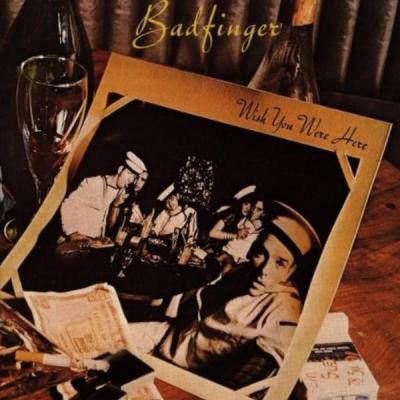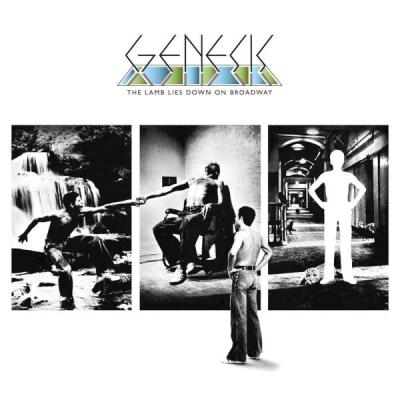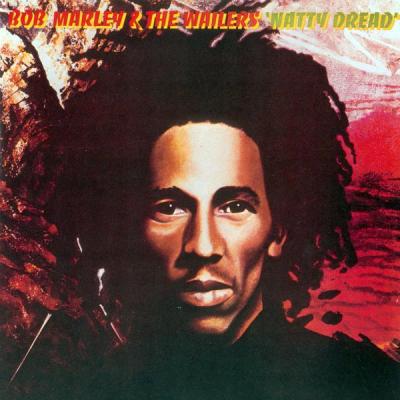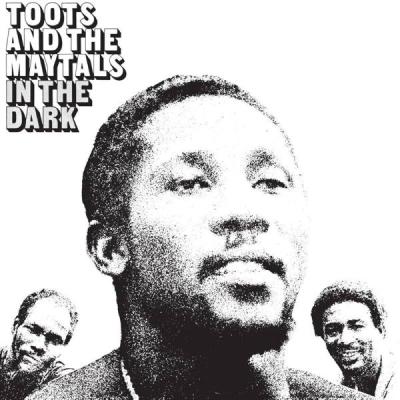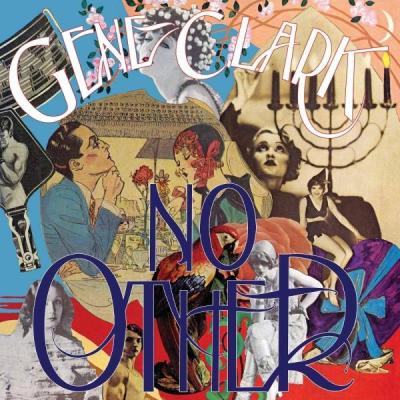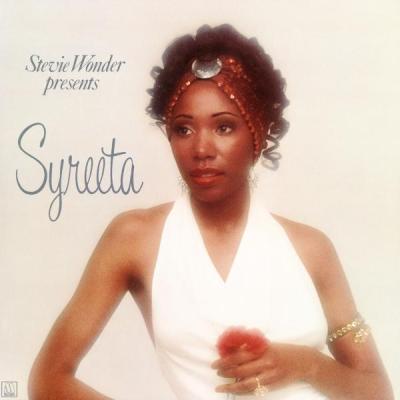

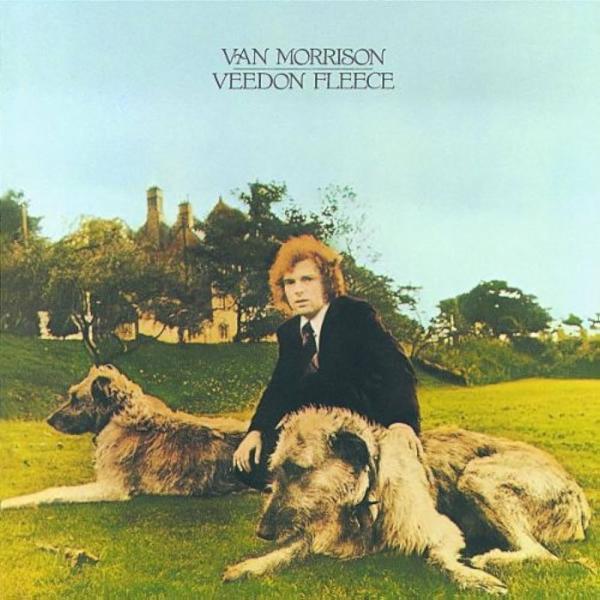
Van Morrison: Veedon Fleece
Album #198 - October 1974
Episode date - December 18, 2024
Obsession is a strong and often inappropriate word regarding a fan’s thoughts pertaining to a musician, and yet I find myself somewhat obsessed with the musical output of Van Morrison.
Whenever he releases an album, I analyze it and apply my own interpretation to his songs, but I’m aware that most of my assumptions are probably wrong. Morrison guards his privacy and is loath to discuss the creative process, but his consistency astounds me. Songwriting is usually done alone and in silence (other than the songwriter’s own sounds, of course), and yet for most writers, it rarely results in inspired self-expression. Most ‘pop’ is tripe that we’ve been fed, and each generation digests the corporate swill as if they invented something new, but let’s face it – a lot of music is quite often formulaic and shallow.
Pop music (in all of its genres) offers us an ever-moving target, much like fashion design does. Change is inevitable and comes often, but it rarely results in music that is original and/or inspiring. If you’re a good listener, then you already know the value of listening beyond the defined borders of your own generation. Discovering something old yet beautiful can be life altering, and that source of inspiration applied to Van Morrison as he created “Veedon Fleece”, as well as my own thoughts attempting to interpret his creativity. Morrison writes outside the expectations of his generation, and quite often alludes to music that moved him as a child. As a performer and as a songwriter, Van Morrison has been quite versatile, able to play both sides of a coin with no innate contradiction at all. His blues side so perfectly fits his Celtic side that they are fused just like said coin.
Months before “Veedon Fleece” was released, Morrison released a double ‘live’ album, and audiences raved. It was a good introduction to his versatility, but I prefer the studio albums that sandwich the live record. “Hard Nose the Highway” came out seven months before “It’s Too Late to Stop Now”, and although inconsistent, it contained some of his best work. Hampered with an awful cover design that made it look like a bad bootleg, it still sold well enough to chart at #27. The live record nicely captured the blues influence that informs almost everything that Morrison does, but the nightclub environment wasn’t quite as kind to his reflective, ethereal material. The live album was good, but it missed a good chunk of what makes his output so special. Audiences ate it up, though, and the success of the live album impinged on “Veedon Fleece,” which was barely noticed on release and quickly forgotten. It would be Morrison’s last album for another three years.
My own obsession with Morrison revolves on his ability to balance song structure with improvisation. I can’t presume to know much about Morrison’s private life (nor do I care to), but the bits that I do know influenced my perspective on “Veedon Fleece.” I am very aware, for instance, that since 1969 or so, Morrison lived in California with his wife Janet Planet, where he created the bulk of his work. Hits came freely in that era and he often chronicled his sense of fulfillment, but when the relationship ended, Morrison returned to New York and Ireland. “Veedon Fleece” was his first work subsequent to his California residence, and the album’s tone stands in sharp contrast to, say, “Tupelo Honey.” I have no idea what led Morrison back, but “Veedon Fleece” made it apparent that he was once again searching for spiritual fulfilment, and once again looking to his own past in Ireland. His approach to new material was reminiscent of “Astral Weeks,” once again allowing himself to create freely within a framework of his own design. Morrison obsessives revel when his writing reaches this state of balance. How much of it is expected to be focused and intelligently assembled versus extemporaneously inspired? What is the best balance between his Celtic roots and his obsession with American blues?
Over the course of four dozen albums (give or take a few), he continues his push and pull with these basic characteristics, but the balance is rarely as introspective, moving, artistically successful and yes, confounding, as it is on “Veedon Fleece.” Whatever meaning I discern may be thoroughly inaccurate, but ultimately, the backstory is irrelevant. Whatever caused Morrison to become so deeply reflective here has diminished with the passage of time, but “Veedon Fleece” remains, waiting for adventurous fans to recognize its myriad qualities.
Feature Tracks:
Fair Play"
Linden Arden Stole the Highlights
Who Was That Masked Man
Streets of Arklow
You Don't Pull No Punches, but You Don't Push the River
Bulbs
Cul de Sac
Comfort You
Come Here My Love
Country Fair
October 1974 - Billboard Charted #53
Related Shows


